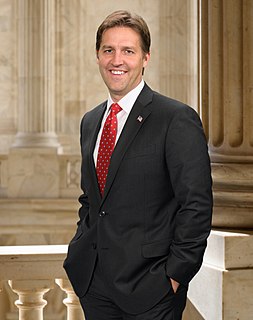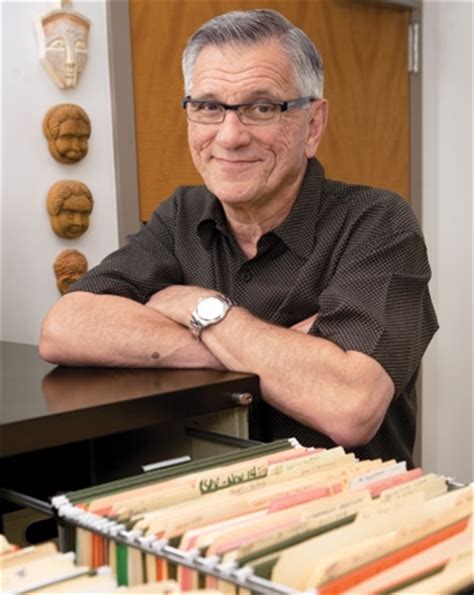A Quote by Noam Chomsky
The term 'globalisation' is conventionally used to refer to the specific form of investor-rights integration designed by wealth and power, for their own interests.
Related Quotes
The dominant propaganda systems have appropriated the term "globalization" to refer to the specific version of international economic integration that they favor, which privileges the rights of investors and lenders, those of people being incidental. In accord with this usage, those who favor a different form of international integration, which privileges the rights of human beings, become "anti-globalist."
NAFTA and GATT are quite similar. They both have highly protectionist elements. They're kind of a mixture of liberalization and protection designed to expand the power of transnational corporations. They're very basically investor's rights agreements. One crucial part in both is the "intellectual property right," which is a funny way of saying that corporations, like pharmaceutical companies, will have near-monopolistic rule over future technology. This now includes product as well as process rights.
We are seeing a lot of cases where the startups are writing the term sheet, dictating the terms, selling common stock instead of preferred stock, where they don't give the investor veto rights or board seat or privileges, and they are really asking the investor -- why should I take your money when there is other money available.
There are two ways that you can go wrong in our long-term fight against jihadis. One would be to not acknowledge that terrorism and especially jihadi-motivated terrorism, comes from specific places in the world and is connected to specific ideologies. But another way to fall off a cliff and harm our long-term interests would be to imply that the U.S. is at war with Islam.
Since there is no such entity as 'the public,' since the public is merely a number of individuals, the idea that 'the public interest' supersedes private interests and rights can have but one meaning: that the interests and rights of some individuals take precedence over the interests and rights of others.
The term power comes from the Latin posse- to do, to be able, to change, to influence or effect. To have power is to possess the capacity to control or direct change. All forms of leadership must make use of power. The central issue of power in leadership is not Will it be used? But rather Will it be used wisely and well?
The tendency of a national bank is to increase public and private credit. The former gives power to the state, for the protection of its rights and interests: and the latter facilitates and extends the operations of commerce among individuals. Industry is increased, commodities are multiplied, agriculture and manufacturers flourish: and herein consists the true wealth and prosperity of a state.
































